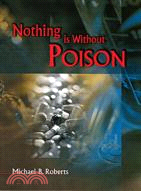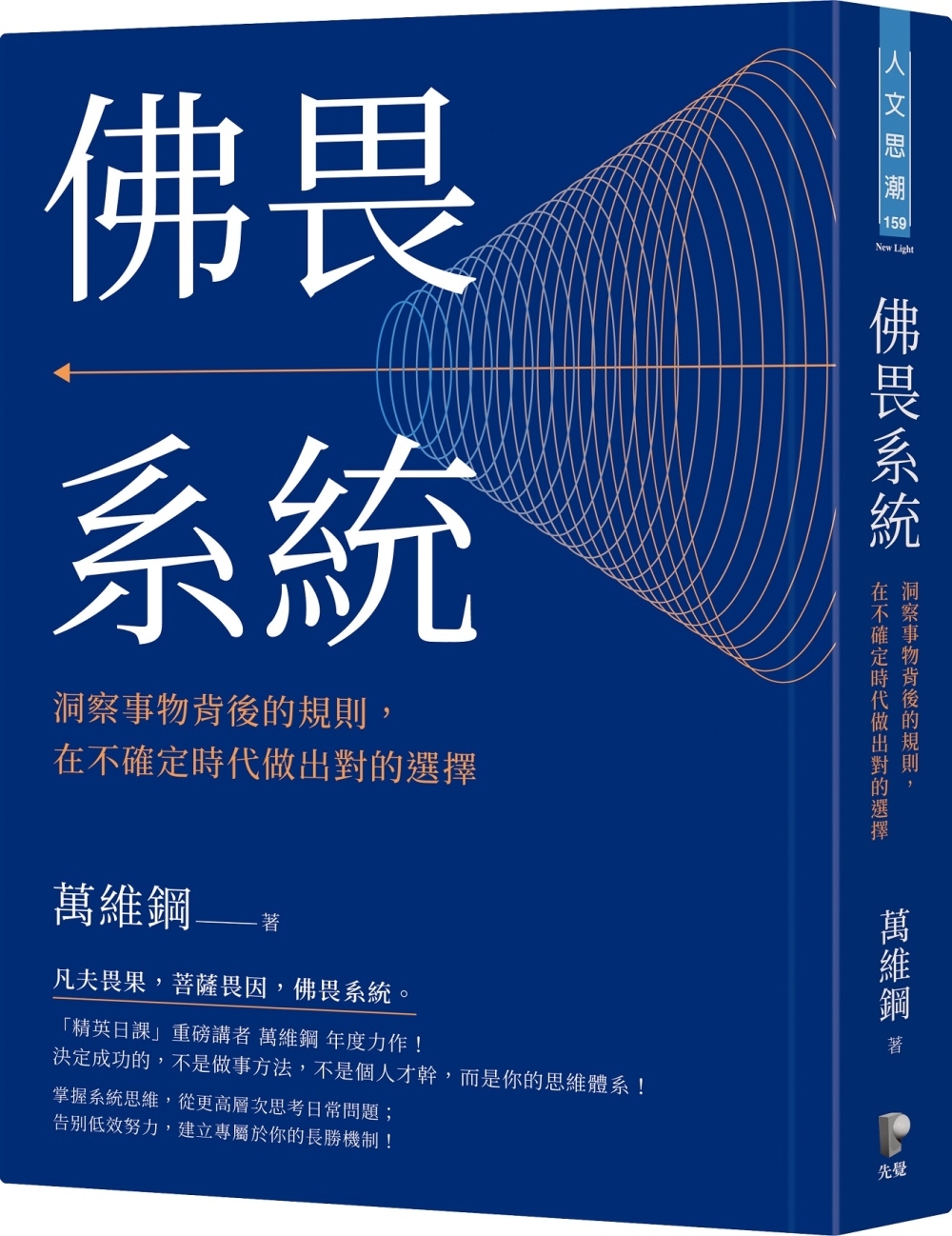This book aims to provide the reader with a simple explanation of some of the fundamental principles of the sciences of pharmacology, therapeutics and toxicology. It sketches the history of drug treatment from traditional therapy with mainly herbal preparations to today\’s explosion of synthetic drugs. It outlines the roles of the academic research laboratories and the pharmaceutical industry in the development, synthesis, testing and marketing of new drugs. What happens to these drugs when introduced into the body, and how they produce their actions, the good, the bad and the fatal, are the main themes of the first part of this book. The final two chapters address briefly the toxicities produced in our civilized society by the industrial chemicals released into our air, water, soil and food.
This overview aims to help the layman understand the two frequent therapeutic disappointments and unexpected disasters that appear inevitably to accompany the extraordinary progress of medical science over the past hundred years or so. It should enable him to cultivate rational and well-informed opinions on these problems. The widespread problem of pollution in advanced technological societies of our soil, air and water by the chemicals produced intentionally or as waste products by industry can also be better understood from this theoretical background.
The second part is devoted to chemical substances that act on the nervous system, as these include the drugs which are widely abused and can lead to chemical dependence and addiction. Substances acting on the involuntary part of the central nervous system (the autonomic nervous system) which controls blood pressure, cardiac function, respiration, etc., are mentioned, since their modes of action throw light on those chemicals which influence the higher centres, leading to alterations in sensation, mood, behaviour and consciousness. There are chapters on the cause and treatment of mental disorder, the alleviation of anxiety neurosis, insomnia and pain. This leads to a discussion of the nature, cause and treatment of the social problem of drug addiction. These matters are also of great concern to the layman, and there is a need to help him to evaluate intelligently the various panaceas proposed to solve this social disaster.
Dr. Michael B. Roberts received his D.Phil. degree in Science from Oxford University in 1946 and M.B.,B.S. and L.M.S.S.A from University of London in 1957. He first taught pharmacology in Aberdeen University Medical School, Scotland, and was the Professor of Pharmacology and Chairman of the Department, University of Hong Kong when he retired in 1980. He has published widely in professional journals and contributed chapters to books.












